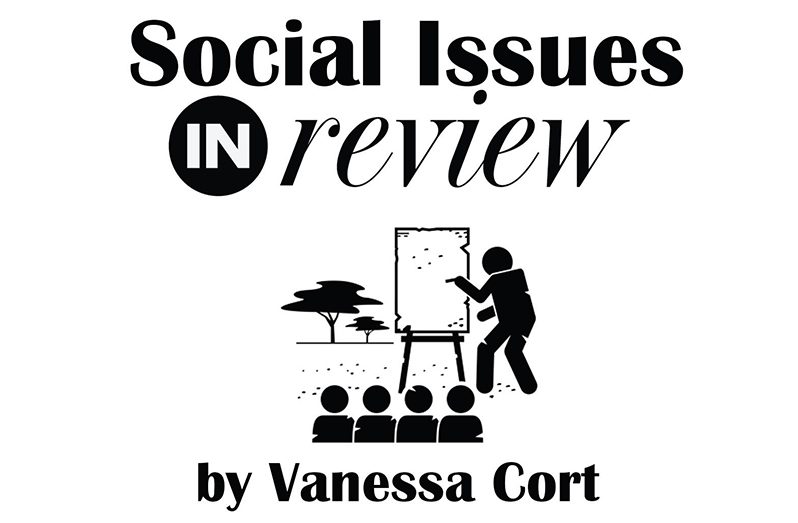IT is in the news once more and this time domestic violence is seen at its worst—a bloodied woman lying dead, a man lying dead in a pool of blood and their son nursing a gunshot wound to his torso.
Regardless of the details of this case, the underlying story is the same as in so many other cases of abuse. A man, overcome by whatever were the problems in his relationship, resorts to violence. He shoots his partner, attempts to murder his son and then turns the weapon on himself, ending his own life.
This is not simply a local problem. It is an international one and a subject I return to from time to time because domestic violence remains a scourge in practically every society on the planet. In the majority of cases women are the victims and in some cases children are also injured.
It seems that hardly a week goes by without some incident of domestic abuse appearing in the news. And several agencies have indicated that this country has ‘one of the highest rates of domestic violence among the Commonwealth Caribbean,’ with 40 percent of women experiencing abuse.
United Nations statistics also suggest that Guyana has the highest per capita femicide rate (the killing of a woman or girl by a man, particularly because of her gender) in the region at 8.8 per 100,000. This information was contained in World Bank Documents and Reports.
But behind these statistics are real people caught up in a web of violence within their homes, which can spill over into public places.
On Tuesday last this was the case, when abuse, which had become constant in a city home, ‘erupted’ in an unspeakable act of violence. A wife and mother ran out into the street, having been shot by her husband. She subsequently succumbed to her injuries. Her husband also shot their young son, though happily he has survived, and then turned the weapon on himself.
Neighbours, family, and friends report that the abuse had become chronic and recounted the man’s jealousy and insecurity, which led him to also try to isolate his wife.
I constantly urge women not to remain in abusive relationships, not to suffer in silence and not to hold onto the notion that their partner will change, for more often than not that change is for the worse.
One of the ways to end this cycle of violence is for women to stand up for themselves and use the law, designed for their protection, as their weapon.
Too often women will charge a man and have him locked up only to return and plead for his release. Others are too fearful to even make a report and many more feel incapable or unsure of making it on their own.
However, the abuse will continue as long as women tolerate it. While friends may listen and offer advice or even open their homes to a victim, the final decision to leave permanently rests with the abused.
The saying, ‘where there’s a will, there’s a way’, is particularly pertinent for women who find themselves in violent relationships.
You need to be resolute in your decision to get out and stay out of an abusive situation. it is not easy, as a former victim, I know. But, as we say in Guyanese parlance, ‘Ya gaffa mek ya mind hard’. Do not be swayed by ‘ sweet talk’, promises that it will not happen again, or any of the emotional triggers that your abusive partner will use to keep you in the relationship.
You have to put yourself and your children (where they are involved) first. You may have to operate in secrecy, not letting your partner get even a ‘whiff’ of your plans. Take the first step of making a report at the police station, where you can also find out about the Domestic Violence Act, which will safeguard you and your children and ensure that you retain a ‘roof over your heads’.
If you are fearful of going to the station alone, then get someone, if possible, a male, to accompany you. Take time to plan how best you can do this and then do it.
For if abused women do not take back their control, then domestic violence will continue to plague our society and tragedies, like the one that occurred last Tuesday, will happen again.



.jpg)








